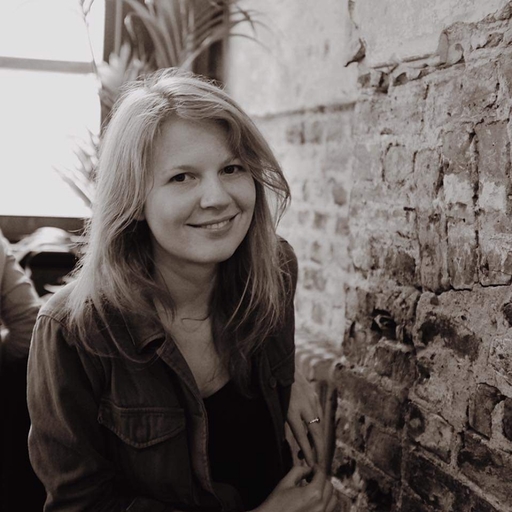
Every product person is usually on a mission to use insights, research, and tech to make something better for users. At Findmypast, our users are family history researchers. Here’s how their needs shape our work.
The product value is clear
Genealogy was once a paper-based activity largely practised by experts. Then developments in tech enabled enormous amounts of historical records to be scanned and translated into searchable text that users can access at any time, no matter how far they live from an archive. It saves researchers time, money and breaks down traditional barriers to access which in turn democratises research. This - for me - is an excellent reason to go to work.
The outcomes are stories
Customers’ discoveries are wildly diverse and their missions inadvertently spawn all sorts of subject matter expertise along the way. Users set off looking for a great grandfather and end up with degree-level knowledge about an 18th century gin craze (the newspaper collections are brilliant for context). Ask me about the development of deep sea diving technology in the 19th century, the fight for women’s voting rights and the introduction of postcodes in the UK.
The community is great
The researcher community actively supports each other to solve problems, share successes and level up their skills on all sorts of topics: changing place names, meanings of old occupations and new record sets to try. This is lovely to see, but also a brilliant source of insights for product people.
The work is diverse
One week we can be optimising our search tech, and on another developing features to surface newspaper stories from events during an ancestor’s lifetime. Making decisions in the space between customers’ expectations, technology, and the constraints of historical data is an interesting spot to be in - particularly when thinking about novice or younger customers whose main experience of information retrieval is with digital-first content designed specifically for search engines to crawl.
It upcycles unexpected records
When dog licences were brought into Ireland in the 1860s to ensure owners could be held liable for their trouble-making hounds, nobody anticipated that the same registers would be used over 150 years later to help people trace the names and addresses of their ancestors (and yes you can also find out the breed, colour, and sometimes name of the dog too). Genealogy has unleashed life into otherwise redundant data, which often has its own story to tell.
We will launch the 1921 census next year
Censuses usually take place every decade in the UK and are a brilliant means of tracing a family through time and finding out their occupations and addresses. Findmypast has worked with The National Archives to digitise the 1921 census, which is the last census to take place until 1951 since the 1931 census records were destroyed in a fire and the 1941 census did not take place during the Second World War. It’s nice to work on things that we know are really important to researchers.
And we’re growing!
Would you be interested in joining us to shape our product experience? Check out our current vacancies here.
